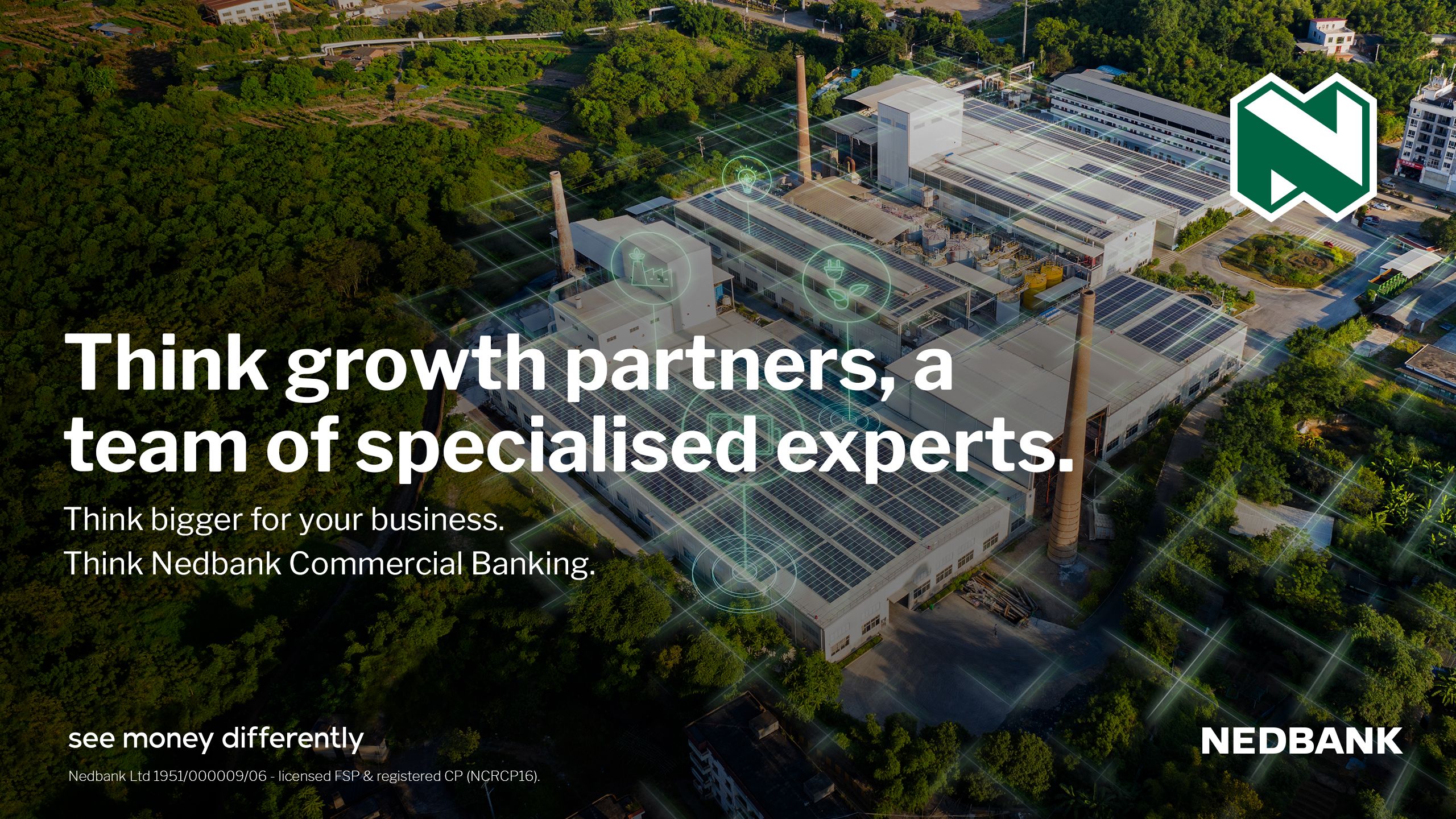WATCH | Transformation: The C-Suite Challenge
A talk by Charlene Rolls | Editorial Director and Researcher

In this episode of Nedbank’s expert talks series, editor and researcher Charlene Rolls focuses on transformation in the C-Suite and the challenge leaders face in transforming.
McKinsey & Company’s 2020 Diversity Wins report found that companies with greater gender and racial diversity are 36% and 25% more likely to outperform businesses with average levels of diversity in their industry respectively.
Yet at the current rate, it will take another 151 years to close the global economic gender gap at all levels. Transformation therefore in any business sector should not be treated as a buzzword or left solely in the hands of Human Resources, says editor and researcher Charlene Rolls.
In this episode of Nedbank’s expert talks series, Rolls takes us through her research published by UCT's Graduate School of Business, focussing on transformation in the C-Suite and the challenge leaders face in transforming. In a talk titled ‘Transformation: The C-Suite Challenge’, Rolls looks at how different leaders view transformation as well as:
- Frameworks for transformation
- The inclusive leader continuum
- Practical Ways to reach transformation
Through interviewing C-suite leaders of various JSE-listed organisations, Rolls found that there are three ways these leaders react to implementing transformation. In short, the first type of leader thinks transformation is an HR problem; the second believes that it is the right thing to do and they are doing it beyond compliance; while the third type feels transformation is absolutely something they must do to be compliant and are grappling with it.
Rolls finds the third type of leader the most interesting because they don’t realise that they are at the root of their transformation problem.
"Their heads and their hearts are in the right place, but their actions, their beliefs, and what they are actually doing is standing in the way of their goals. Many of them were shocked when they realised this. But, what is also important is to recognise that you as the CEO of your business can change if you're willing to do the work."
The Framework for Change
Change is often easier said than done, and in this area, Rolls chalks it up to three things: The self; the organisation; and the society.
"The self is probably the toughest of the three because it's internal work that needs to be done and it can often be quite painful. You as the CEO of this business, need to take a look at yourself and go, well, what am I doing and what do I feel and what do I know? And becoming self-aware is a critical piece of leadership work," she says.
To master the self, Rolls says company leaders need to learn what their unconscious biases are. "You can't do it on your own. You have to go on a bit of a fact-finding mission because it's unconscious. You have to get other people to give you input, speak to your team, speak to your colleagues, speak to your Exco, get a coach, and have the coach point out some of your blind spots and work with you on how you can understand these biases and how it is influencing your transformation efforts," she says.
The inclusive leader continuum
Transforming your business is also not a once-off process. It is constant, and as you continue to do the work you will keep learning as you move through what is known as the inclusive leader continuum. It is a set of four developmental stages where one moves from being unaware to aware to active and finally to becoming an advocate.
During the fourth stage, advocacy you: "Move back and forth between these phases as new information comes in and you reach new awareness levels. You'll also start to see things in your organisation that perhaps you are not liking anymore. This is when you come to the organisational part of the work, you have to take action once you start to see these things and you have to be intentional about how you do it," explains Rolls.
Implementing transformation
The most important part of transformation is realising it. Rolls says that this can be done by implementing practical changes such as reviewing all existing policies and procedures on recruitment, designing and supporting accelerated leadership development programmes and creating employee resource groups.
"There are two benefits [to employee resource groups]. The first is that you have access to a group of people who will give you very candid feedback and who will give you the kind of feedback about their challenges. The second is that they have a space where they feel safe and they can connect and they feel seen and heard. Inclusion is an incredibly important part of feeling a sense of belonging and your transformation initiatives," she says.

Charlene Rolls | Editorial Director and Researcher
Charlene Rolls | Editorial Director and Researcher
Another key component in successfully implementing transformation is financing it. A study by market research company Global Industry Analysts Inc found that in the 2020 global market for diversity, equity and inclusion (DEI), companies spend an estimated $7.5 billion on DEI-related efforts, and is projected to more than double to $15.4 billion by 2026.
To invest in transformation you need a financial partner that looks beyond just banking such as Nedbank, who continues to successfully partner with businesses to aid in transformation.
Nedbank Commercial Banking teamed up with PetroCONNECT to offer a comprehensive transformation programme to the fuel retailer market.
"A transformed business is one that demonstrates equitable and unbiased employment, reflects through its evolution of ownership equitable and unbiased demographic representation aligned to the community within which it operates, and contributes through its operations and trade to the upliftment of society through procurement programs, education programs, skills development programs and environmental conservation programs," says Herman de Kock, Nedbank Commercial Bank's Executive Head: Sales & Service Planning & Management.
Partner with Nedbank Commercial Banking on your transformation journey HERE.



